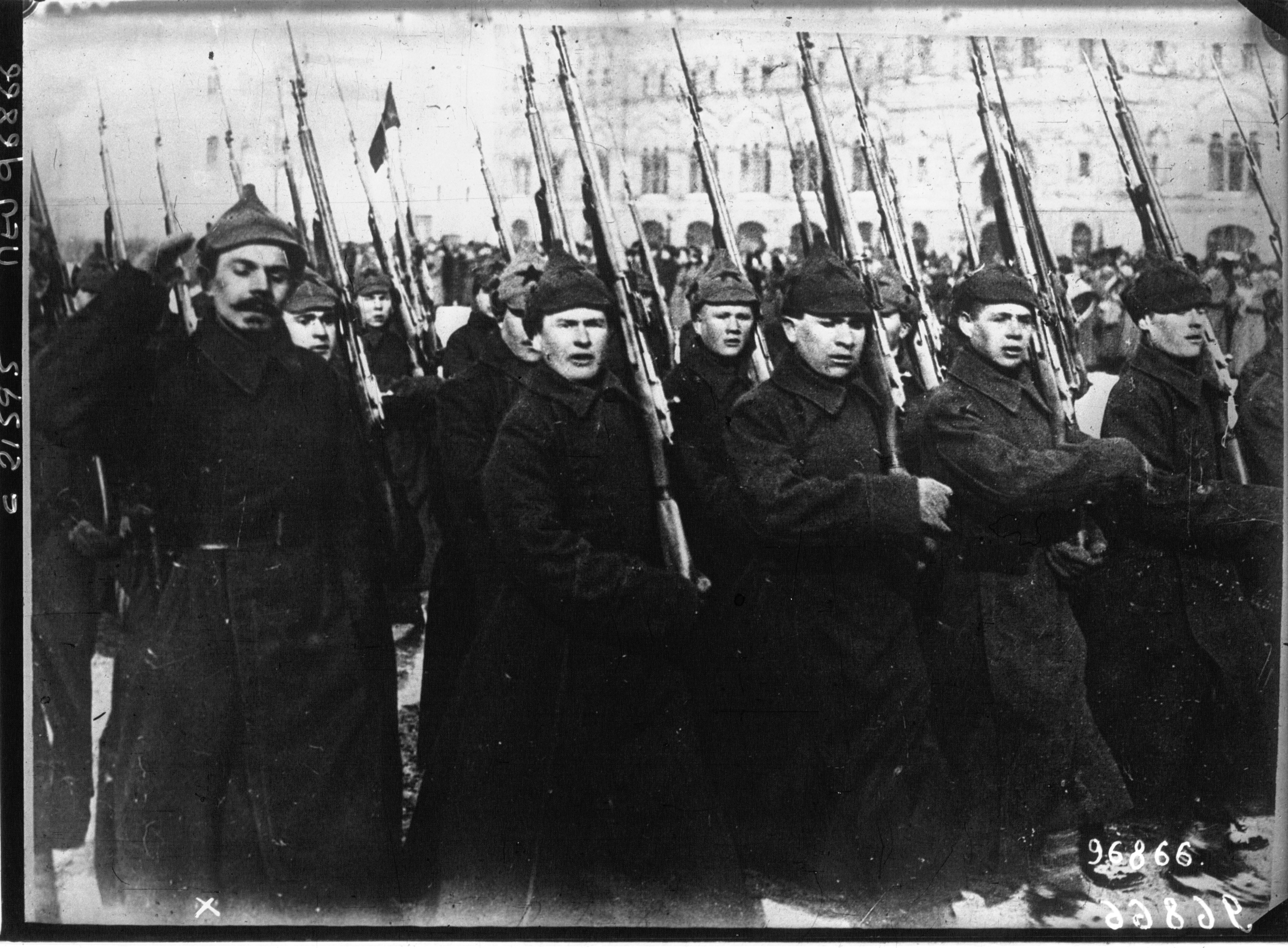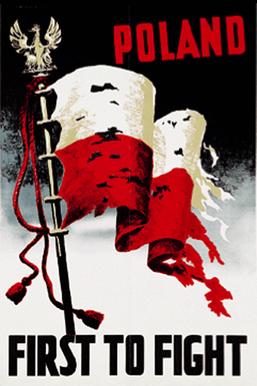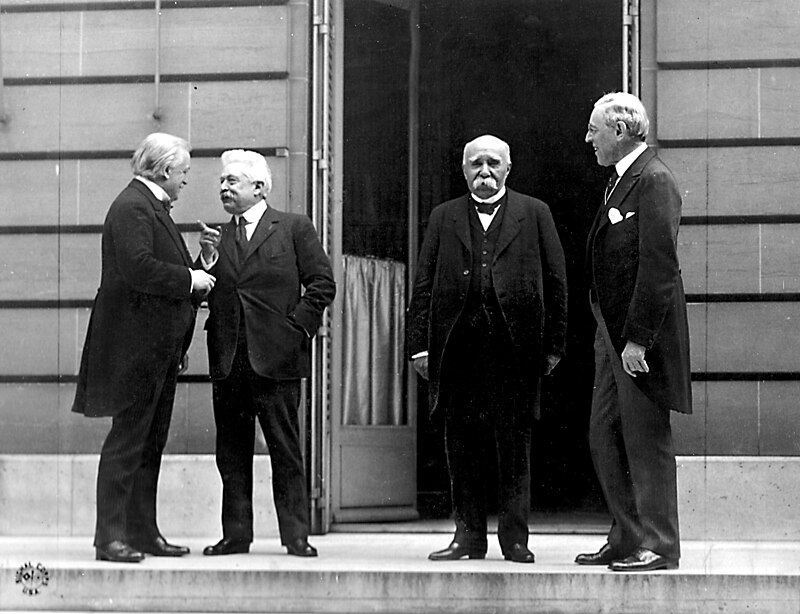PROLOGUE - THE RED WINTER'S SNOW
March 17th, 1941:
 Young Vladimir trudged in the deep Byelorussian snow. In the cold air, he could see his breath trail, like cigarette smoke. "Damn," he found himself mumbling, "I could really use a sigareta right now." His face was pink and raw, but he had long grown accustomed to this from the prior march. He was born in Pskov, he had spent his 20 years of life in the city. The draft to fight against the gryaznyye kapitalisty (filthy capitalists) was mandatory, so his 60-year-old father was forced to watch as his only son was sent away to war, like he was more than 20 years prior. Good God, he thought while watching his son march off to the nearby training grounds, What could have led to this?
Young Vladimir trudged in the deep Byelorussian snow. In the cold air, he could see his breath trail, like cigarette smoke. "Damn," he found himself mumbling, "I could really use a sigareta right now." His face was pink and raw, but he had long grown accustomed to this from the prior march. He was born in Pskov, he had spent his 20 years of life in the city. The draft to fight against the gryaznyye kapitalisty (filthy capitalists) was mandatory, so his 60-year-old father was forced to watch as his only son was sent away to war, like he was more than 20 years prior. Good God, he thought while watching his son march off to the nearby training grounds, What could have led to this?
Of course, the answer to the old Russian's question could be answered in the vaguest of terms or a million paragraphs on the finest, most articulate detail. However, there's three reasons that would concern us most:

The British considered it important to note that the Poles were noble, willing to fight the
Communist forces before anyone else.
The Polish Army was prepared, though: it was impressive in size and in training, and it was well-equipped. Only time would tell if the Soviet's time-honored military tradition would help win the war.

Of course, the answer to the old Russian's question could be answered in the vaguest of terms or a million paragraphs on the finest, most articulate detail. However, there's three reasons that would concern us most:
THOSE THREE REASONS:
1. A different deal is struck up in Paris
2. A president is elected in Germany with a rather unfortunate name
3. There are judges in 1923 that aren't Nazis
among other, more minute, reasons
But, for now, Vladimir had his work ahead of him. He had just left Minsk, and was heading straight to the front lines. His first taste of war would be against Poles - among the first to join against the Communist forces. If his battalion succeeded, they would hole up in Vilnius following their liberation of it, and then wait for enemy movements. If the Baltics declared war on the Soviet Union, the battalions stationed in northern Poland would be sent into the United Baltic Duchies. Once the Russian deployment entered Poland, they would camp out in a smaller town near the border, and wait for reinforcements for the rush for Vilnius.1. A different deal is struck up in Paris
2. A president is elected in Germany with a rather unfortunate name
3. There are judges in 1923 that aren't Nazis
among other, more minute, reasons

The British considered it important to note that the Poles were noble, willing to fight the
Communist forces before anyone else.
The Polish Army was prepared, though: it was impressive in size and in training, and it was well-equipped. Only time would tell if the Soviet's time-honored military tradition would help win the war.
THE SOVIET STRATEGY:
1. Mass-conscript troops
2. Send those troops onto the battlefield
3. Hope to overwhelm the enemy
AND A MINOR SPOILER:
Shock of all shocks, the prestiged Soviet strategy doesn't work.
In fact, they will lose the War.
Though it won't look that way quite yet.
----------------------------------------------------------------------------------------------------
Author's Note: Ah, feels good to have inspiration once more! This timeline is an older idea of mine. To give a quick rundown, Germany isn't completely cucked by Versailles, the League of Nations isn't quite useless, and there's a couple bits of other stuff I'll uncover to you later. My narration style is shamefully stolen inspired off of Markus Zusak's The Book Thief, but I hope it isn't too jarring? The writing here will be a bit more narrative-based, with emphasis on photos as opposed to maps - at least that's my excuse for now. I just am a bit lazy and have yet to completely finish (or really start) a world map yet. Also, yes, this is the same timeline as this map, though I wouldn't be surprised if aspects of it were changed once we do get around to the Good Old USA.
Until then, happy reading!
-Bennett
1. Mass-conscript troops
2. Send those troops onto the battlefield
3. Hope to overwhelm the enemy
AND A MINOR SPOILER:
Shock of all shocks, the prestiged Soviet strategy doesn't work.
In fact, they will lose the War.
Though it won't look that way quite yet.
----------------------------------------------------------------------------------------------------
Author's Note: Ah, feels good to have inspiration once more! This timeline is an older idea of mine. To give a quick rundown, Germany isn't completely cucked by Versailles, the League of Nations isn't quite useless, and there's a couple bits of other stuff I'll uncover to you later. My narration style is shamefully stolen inspired off of Markus Zusak's The Book Thief, but I hope it isn't too jarring? The writing here will be a bit more narrative-based, with emphasis on photos as opposed to maps - at least that's my excuse for now. I just am a bit lazy and have yet to completely finish (or really start) a world map yet. Also, yes, this is the same timeline as this map, though I wouldn't be surprised if aspects of it were changed once we do get around to the Good Old USA.
Until then, happy reading!
-Bennett

